Therapy for Anxiety
ONLINE THERAPY FOR ADULTS IN OHIO
Does life feel like a never ending self-improvement project?
On the outside, you appear to have it all together, while internally feeling like you’re on edge and overwhelmed. If you can just harness enough self-discipline, you’ll finally be able to match up to an ideal vision you have for your life. You’re rotating through all the things - yoga, meditation, self-help podcasts, matcha (even though you think it tastes like grass), journaling, cold showers, workout routines. When there’s something new you’re preparing to try, you get the dopamine rush from the thought this could be the thing that changes everything - but then it peters out. You’re doing all the “right” things, but you still feel the sting of self-criticism constantly. You do your best when you’re busy and distracted, fearful of falling into a low place that will be hard to dig out of.
You can make peace with your inner critic and discover a new way of relating to yourself.
Having a deep seated feeling there’s something wrong with who we are is exhausting - and a lot of the things we try to remedy it don’t get at the root of the issue. The emotional exhaustion from striving for perfection or pursuing goals that feel unattainable can leave you feeling irritable and overwhelmed. There’s a pull to control external circumstances or others’ perceptions of you - and when that feels in jeopardy, your anxiety spikes.
Struggling with Anxiety can show up in your life looking like:
Having racing thoughts that can intensify particularly when you’re trying to fall asleep or wind down from the day.
Feeling ill at ease all the time, like you’re waiting for the other shoe to drop, even when things seem on the outside to be going well.
Self-criticism and perfectionism holding you back from getting things done, trying new thing, or forming new relationships.
Ignoring your needs and wants, because it feels intolerable to inconvenience or upset other people
Hanging on to relationships and friendships that aren’t fulfilling - feeling stuck in both not being able to set boundaries to shift the relationship, and not being able to end it.
Constantly worrying about future events and how they’ll unfold, ranging from constant rumination to having episodes of full blown panic.
My Approach to Therapy for Anxiety
Together, we’ll approach and heal the root cause of what’s triggering anxiety and distress.
We’ll start by helping you explore your body’s responses, look holistically at your lifestyle to explore changes that can be made to support your nervous system, and develop new coping skills. If you’re feeling overwhelmed by your thoughts and emotions, we’ll start with helping you learn how to attune to yourself and feel better equipped to work through distress as it arises.
We’ll get to the root cause of what’s showing up by engaging both your mind AND body, deciding collaboratively what approach makes sense for you. Using an IFS approach, we might start with getting to know the parts of you connected to your distress that are playing a protective role. We might use EMDR to help treat past distressing experiences or future fears that are contributing to your anxiety.
Methods
-

EMDR
-

Internal Family Systems
What we’ll work on
Therapy for Anxiety can help you to:
Experience more self-acceptance and self-compassion
Develop new ways to relate to and cope with distressing body sensations, emotions and thoughts.
Experience more presence, break patterns of negative self-talk, and engage more fully in your life.
Have greater self-understanding, ability to attune to your needs, and cultivate an authentic mind-body connection.
Ready to get started?
FAQS
Common questions about Therapy for Anxiety
-
Sessions will be tailored to your unique needs as we collaborate in your treatment. If you’re experiencing a high amount of distress, we may spend more time initially helping you feel more empowered and resilient as we learn coping skills that incorporate mindfulness and the body. As we identify themes and common triggers/body responses, we’ll move towards healing the underlying cause of your distress using approaches including EMDR and IFS.
-
A lot of factors go into change in therapy, the most important of which is the relationship you have with your therapist. This is why I offer free consults to allow you to assess for fit, and prioritizing building strong relationship with my clients. If you’ve struggled to make progress in the past, we can discuss how I can help and how my approach may be different from what you’ve tried in the past.
-
To get started, please click here to contact me and schedule a free 15 minute consultation.
